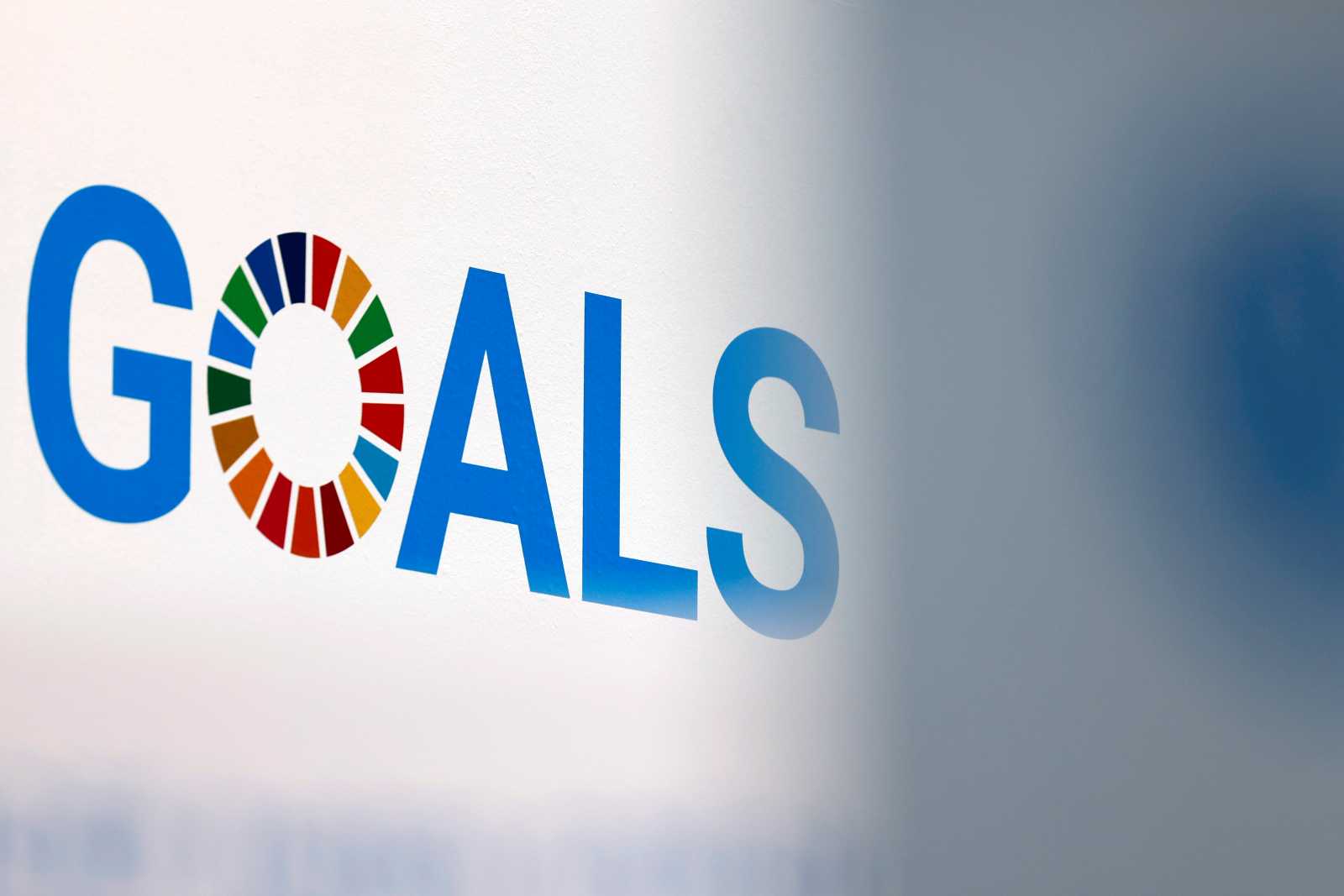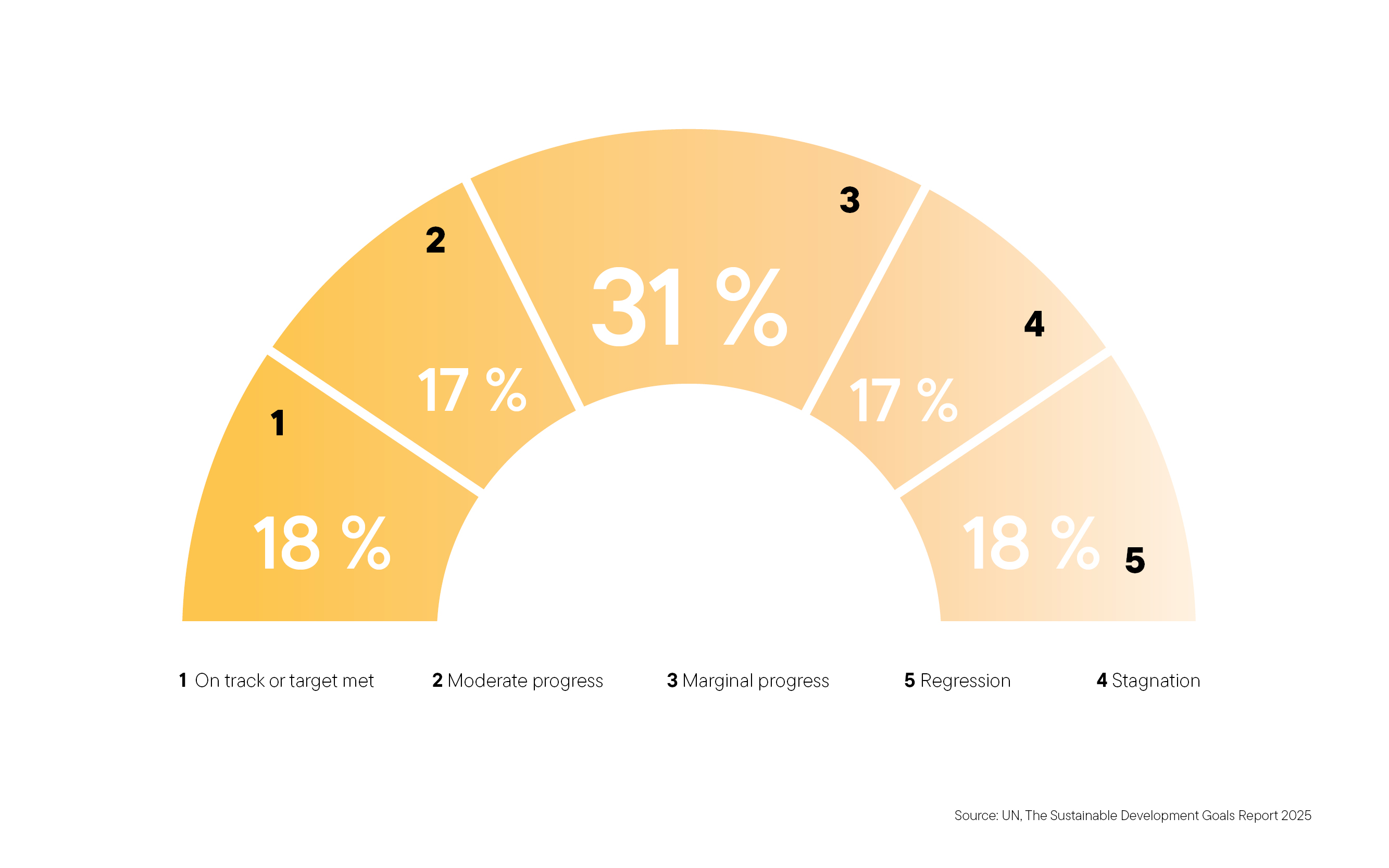December edition
Letters to the editor
Teach men to say “no”
D+C/E+Z 2011/12, p. 446 f., Vera Dicke: “Change people’s minds”
It is agreeable that uncontrolled population growth is problematic, and my concern has since been heightened especially for Africa where almost every traditionally-oriented family finds satisfaction in having many children; poor couples even derive an artificial consolation for their socio-economic status in it.
However, I find the DSW’s suggestion that “women need to be put in a position – through education, for example – to say ‘no’ and to exercise their rights” a bad advice for application in the African context. One must note that any fundamental human right of the woman, making her to deny her husband the ownership of her ‘sexual’ body, is alien to Africa, and might engender domestic violence and cases of divorce threats if enforced.
I rather suggest that NGOs and government agencies should embark on campaigns and devise awareness mediums to teach men to say “no” to more sex and more children. Also, as female education is given massive attention, wives and yet-to-marry ladies should be taught how to use diplomatic communication skills to convince their husbands on the demographic dividends of having fewer children.
The point is that minds can be changed positively by campaigns and education which disseminate balanced information. The focal point, whatsoever, is to tell couples to have only the number of children that they are economically capable to train until those children become independent. Governments can do more through disincentives policies too.
Daniel Etim Inyang, student, University of Lagos, Akoka, Nigeria
Editor’s note: The editorial team of D+C/E+Z considers African women’s fundamental right to sexual selfdetermination self-evident.
Depressing news
D+C/E+Z 2011/12, p. 448, Peter Hauff: “Many ways for justice in Arab countries”
The mood in Tunisia is one of chaos. We are witnessing the gradual return to a dictatorship. The government has brushed aside essential questions in order to conduct smoke-and-mirror distractions. In a sit-in at the Manouba College of Arts, a number of Salafists prevented 15,000 students from taking their exams. When the teachers went to their ministry to protest, they were beaten up! At the same time, the police did nothing to remove the Salafists for a month! These Salafists insisted on a girl’s right to take a test wearing a niqab (veil) – even though
it’s against the law.
Another time, journalists protested against the appointment of people close to the old regime who now head television stations and large daily papers. They, too, were beaten up.
Tunisia’s economy is collapsing, prices are skyrocketing, and companies are closing shops every day. My housemate was fired last week, and her French-owned employer has gone out of business. The number of people who commit suicide or even set themselves ablaze has risen in January.
Meanwhile, the government continues to commit diplomatic faux-pas. Our new President Moncef Marzouki, who has spent half of his life in France, has taken the French to task by calling them Islamophobes and friendly invaders! And when our country’s representatives met with the French Foreign Minister Alain Juppé, the discussions were held through an interpreter! During a recent visit in Libya, where he called for a merger with Tunisia, our president insulted the Algerians by declaring that their country would not have succumbed to violence if Algerians had accepted the result of the elections in the nineties, where the Islamists prevailed.
Concerning the Syrian crisis, our government has not only invited the opposition to meet in Tunisia, but also officially asked Hamas to set up an office here! They held a triumphant reception for the group’s leader, Ismael Hania, including a mob calling for the extermination of Jews. I find all of this scandalous.
These days, I have stopped following the news because it’s so depressing. Life has become unbearable in my country. I no longer recognise the Tunisia I grew up in. People have changed so much, and I feel like a foreigner in my own country.
Sarah B., Tunis
(name known to the editorial team)







